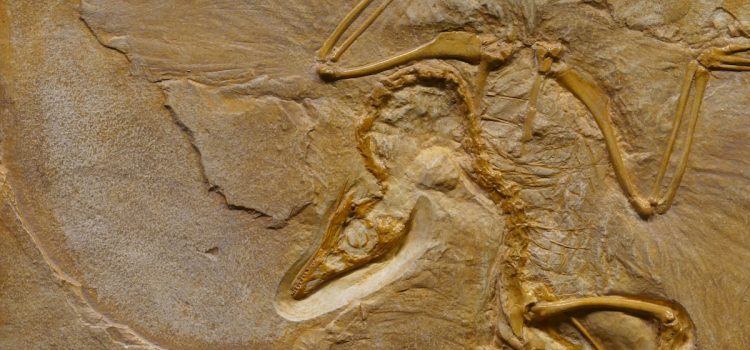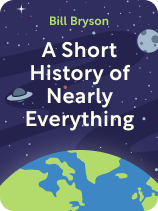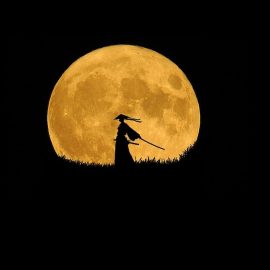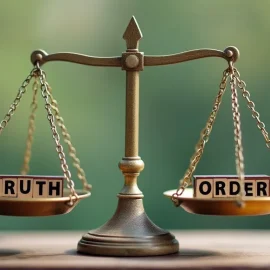

This article is an excerpt from the Shortform book guide to "A Short History of Nearly Everything" by Bill Bryson. Shortform has the world's best summaries and analyses of books you should be reading.
Like this article? Sign up for a free trial here.
When have major extinction events occurred? What causes mass extinctions? Are there ever human-caused extinctions?
A Short History of Nearly Everything is an accessible overview of the natural sciences that discusses major scientific discoveries, mysteries, and controversies. It’s in this context that author Bill Bryson addresses the serious matter of extinction and its causes.
Keep reading for an introduction to this sobering reality of our history and probably our future.
Major Extinction Events
Bryson reports that scientists believe there were several times in Earth’s history when the majority of species on the planet died out. The most recent major extinction event was the Cretaceous extinction, which wiped out 70% of all species 65 million years ago. The most devastating was the Permian extinction, which obliterated 95% of all species 245 million years ago.
Bryson says scientists aren’t sure what caused these extinction events (or other, smaller ones), but they speculate that volcanic eruptions, meteor impacts, disease, solar flares, and other factors that could trigger global climate change could all be factors. There’s geologic evidence that a meteor impact at least contributed to the Cretaceous extinction.
(Shortform note: In his book Brief Answers to the Big Questions, physicist Stephen Hawking argues that, to escape extinction, humans need to colonize outer space. Like Bryson, he points to the evidence of past extinction events and the numerous factors that could cause them, but he takes the discussion a step further to point out that, sooner or later, another mass extinction on Earth is inevitable. In his view, the only way to ensure that humans aren’t wiped out in the next extinction is to establish human civilizations on multiple planets.)
Human-Caused Extinctions
Bryson also points out that human-caused extinctions are a sad reality. In recorded history, humans have hunted many creatures to extinction, such as the dodos, passenger pigeons, and Carolina parakeets. In most cases, he says there was no apparent reason for humans to kill them—we just killed them because we could. Even in prehistoric times, it appears that the first arrival of humans in an area often coincided with the extinction of many species in that area.
| Why do Humans Cause Extinctions? While Bryson expresses concern over the tendency of humans to hunt animals to extinction, he doesn’t delve into possible explanations for this tendency. There are at least two possible explanations. On the one hand, some religions (such as Christianity and Judaism) teach that humans are a “fallen race,” meaning that we all have a natural inclination toward evil. While these religions teach that individuals can overcome their evil nature by various means, it also explains why humans have committed so much violence and waste throughout history. On the other hand, evolution provides an atheistic explanation: Early humans developed sophisticated hunting instincts to help them survive and passed them on to their descendants. Many predatory animals instinctively kill prey when the opportunity arises, and humans, at one point, were no different. Today, our killer instincts may be counterproductive to our survival, but they linger in our DNA as an artifact of our evolutionary history. |

———End of Preview———
Like what you just read? Read the rest of the world's best book summary and analysis of Bill Bryson's "A Short History of Nearly Everything" at Shortform.
Here's what you'll find in our full A Short History of Nearly Everything summary:
- An accessible overview of the natural sciences
- A full history of the universe, Earth, and life as we know it
- A look at the unknowns and controversies that still exist in the sciences






